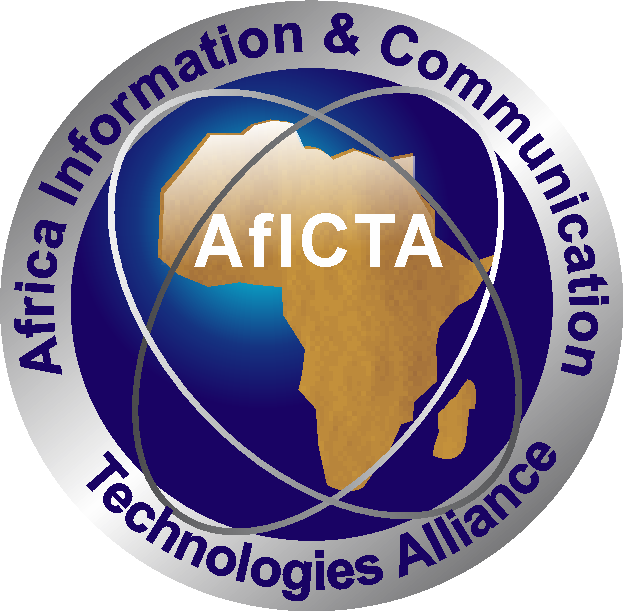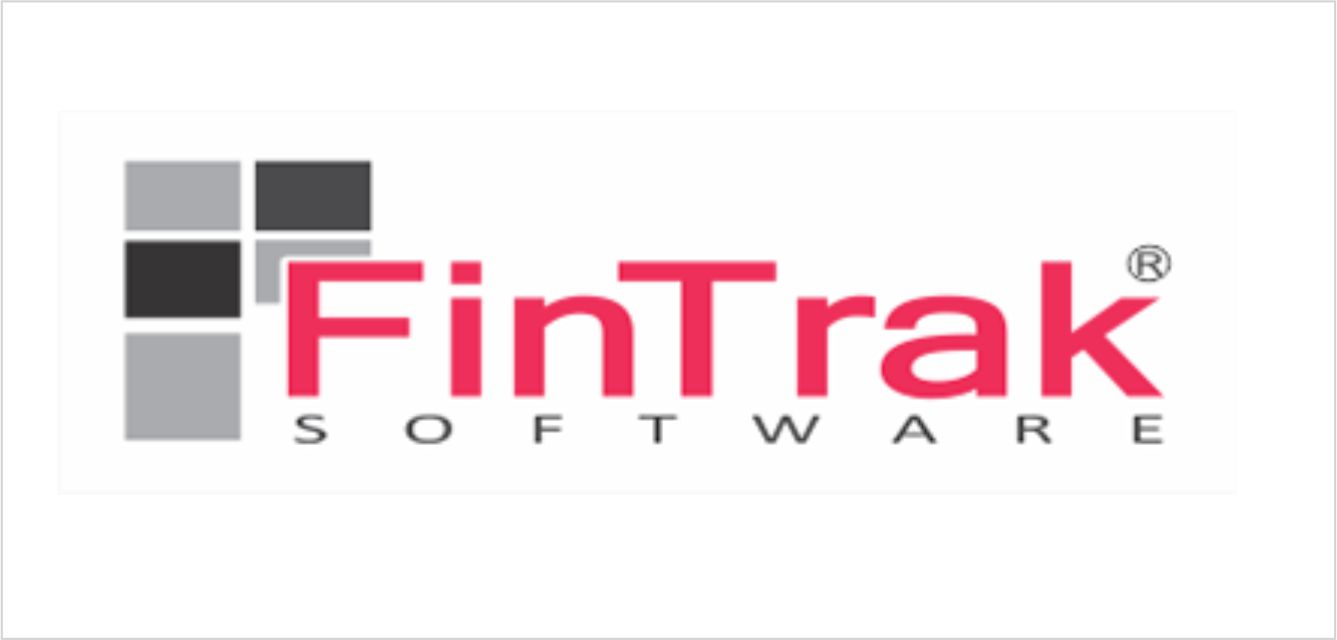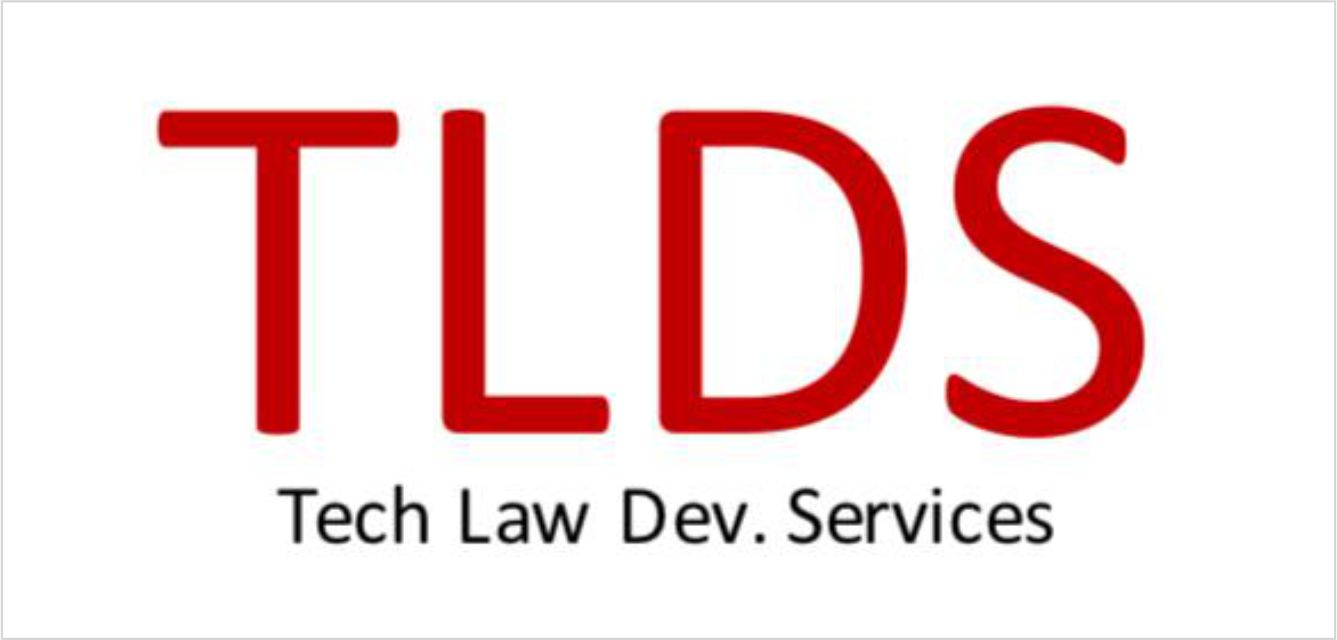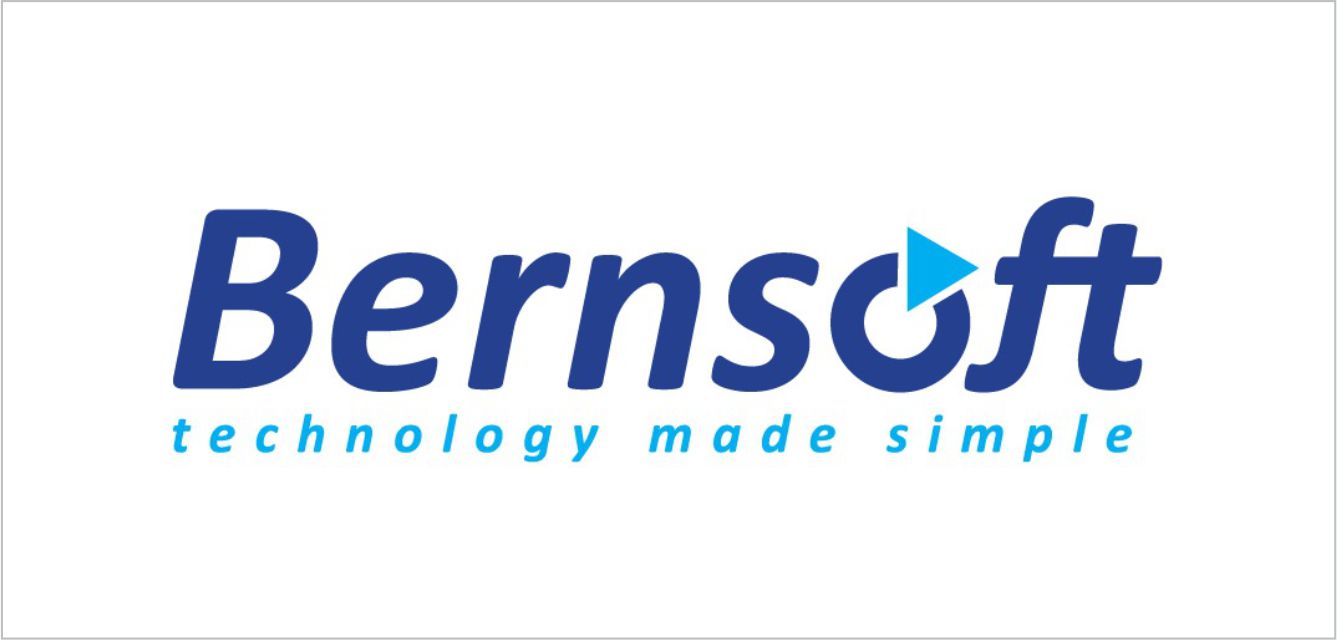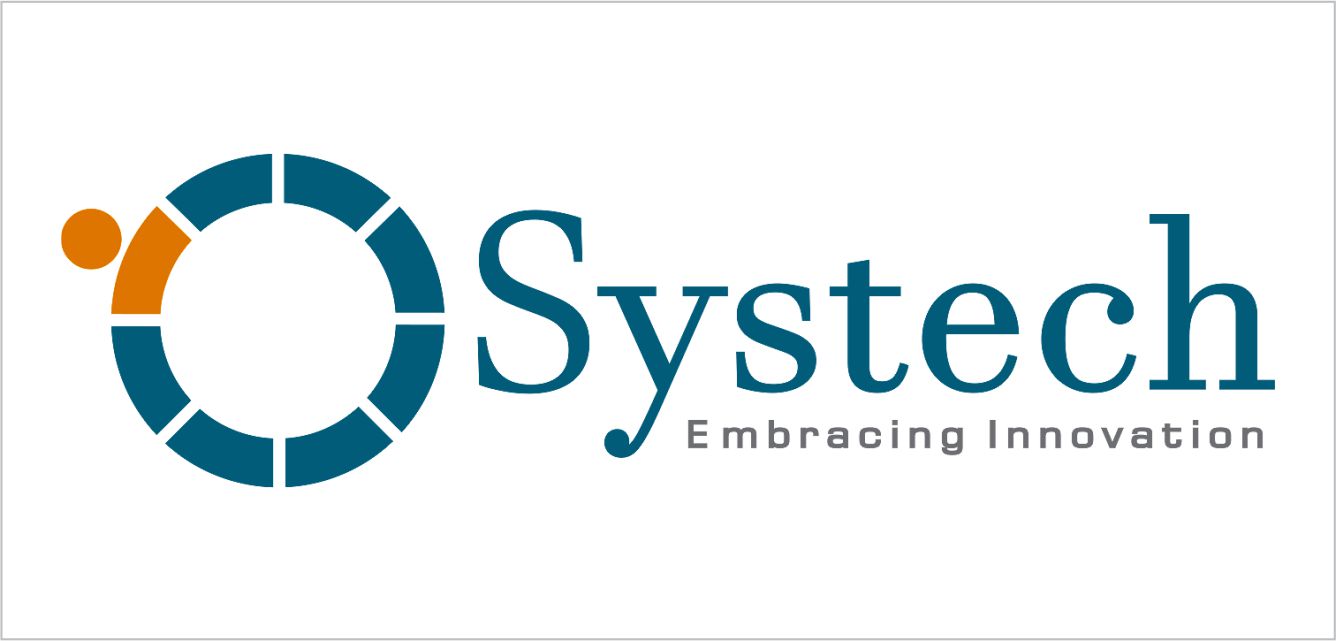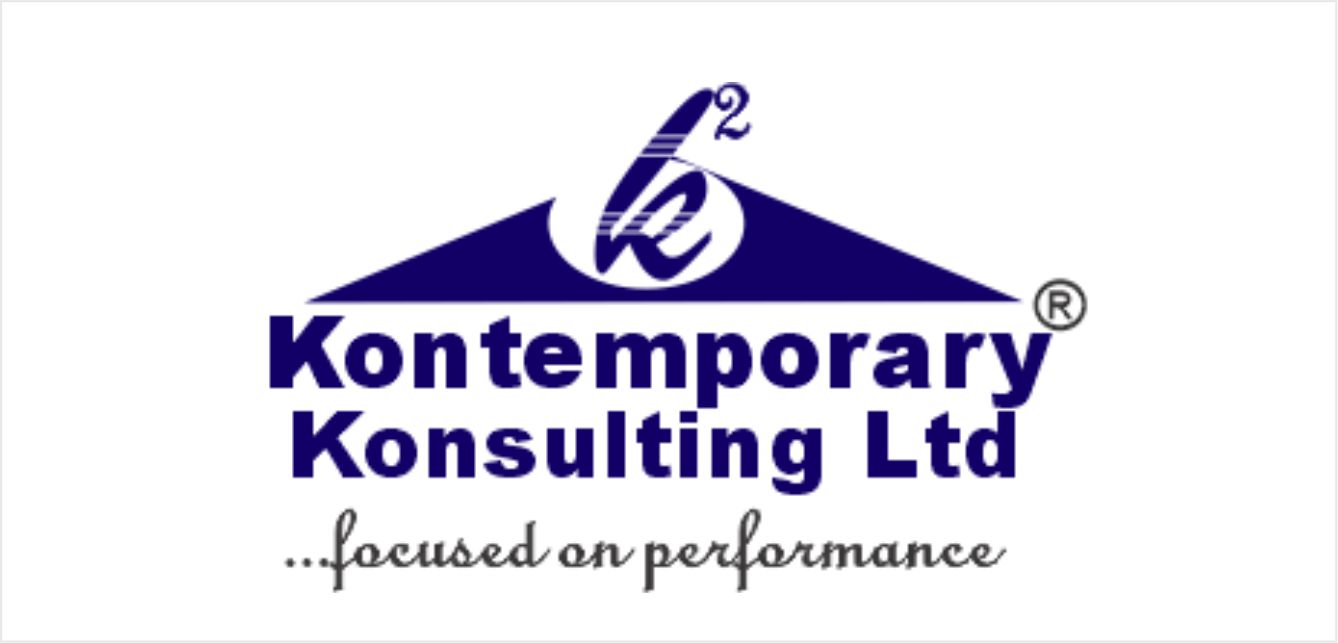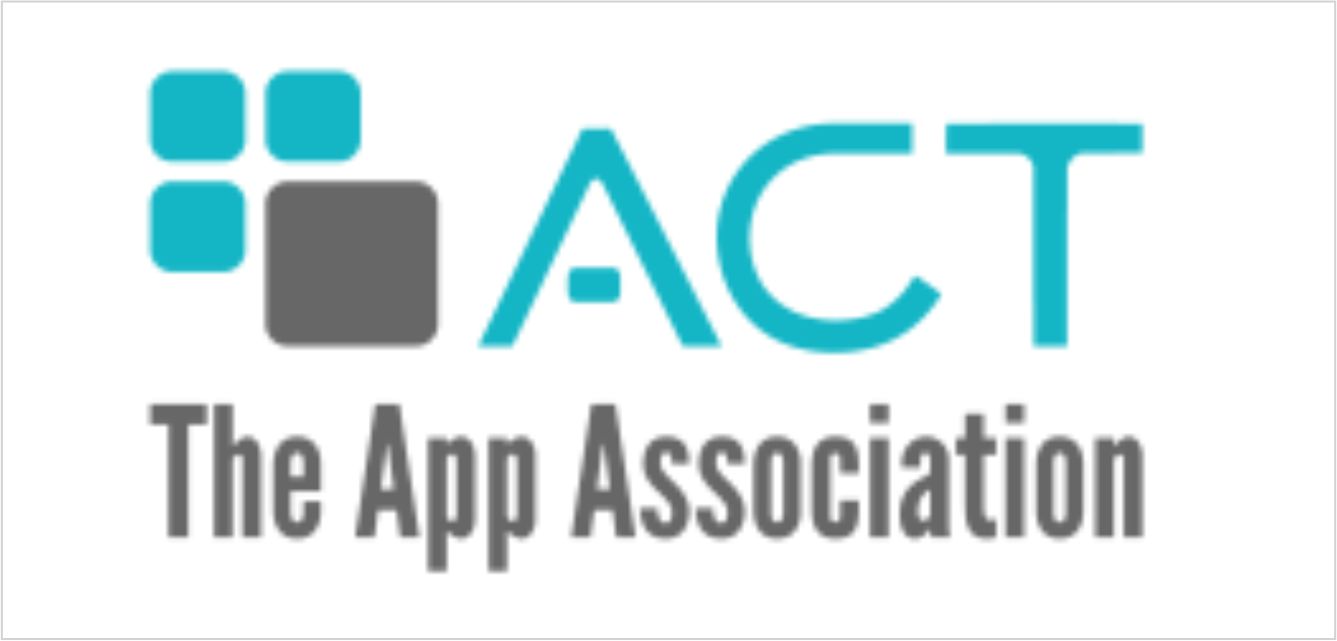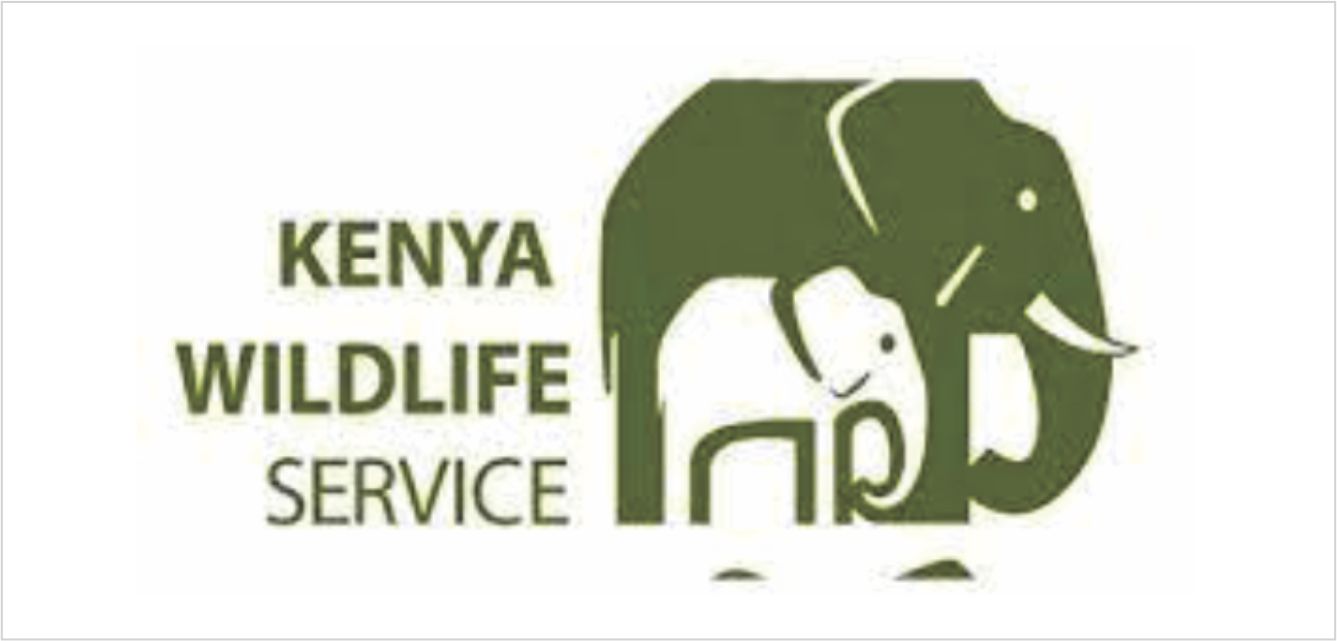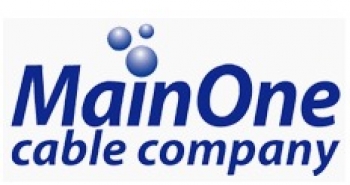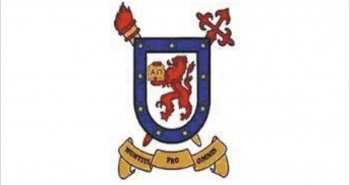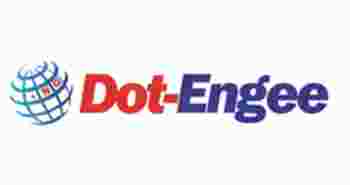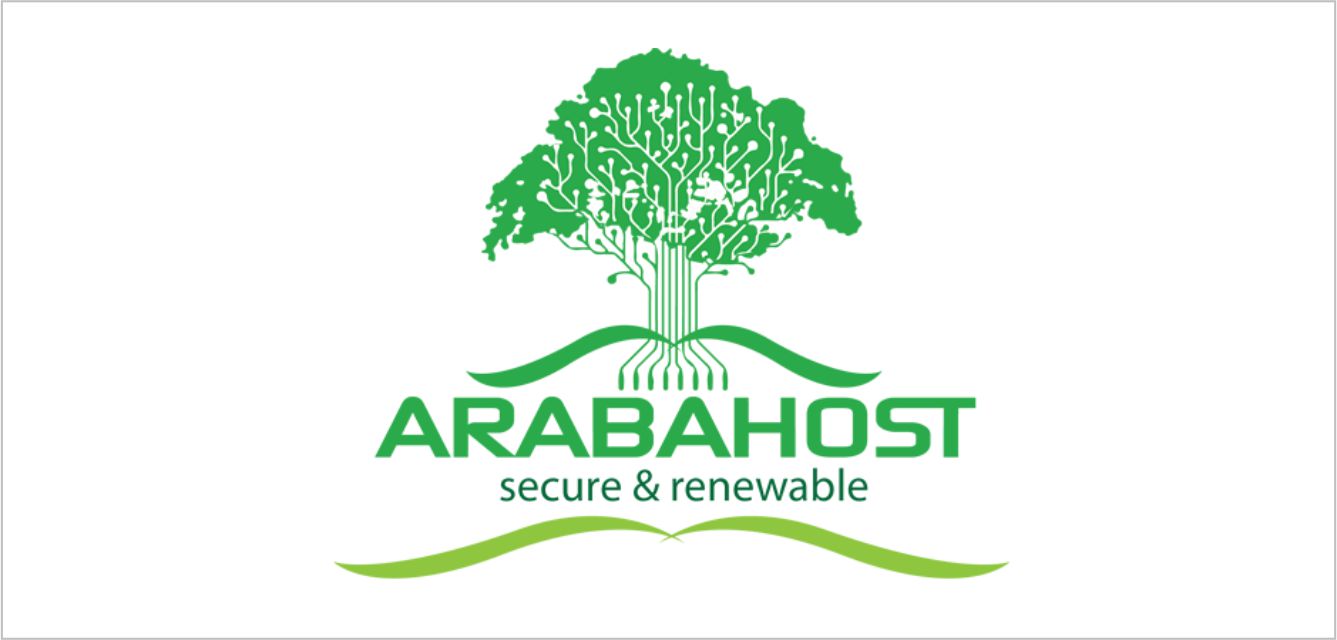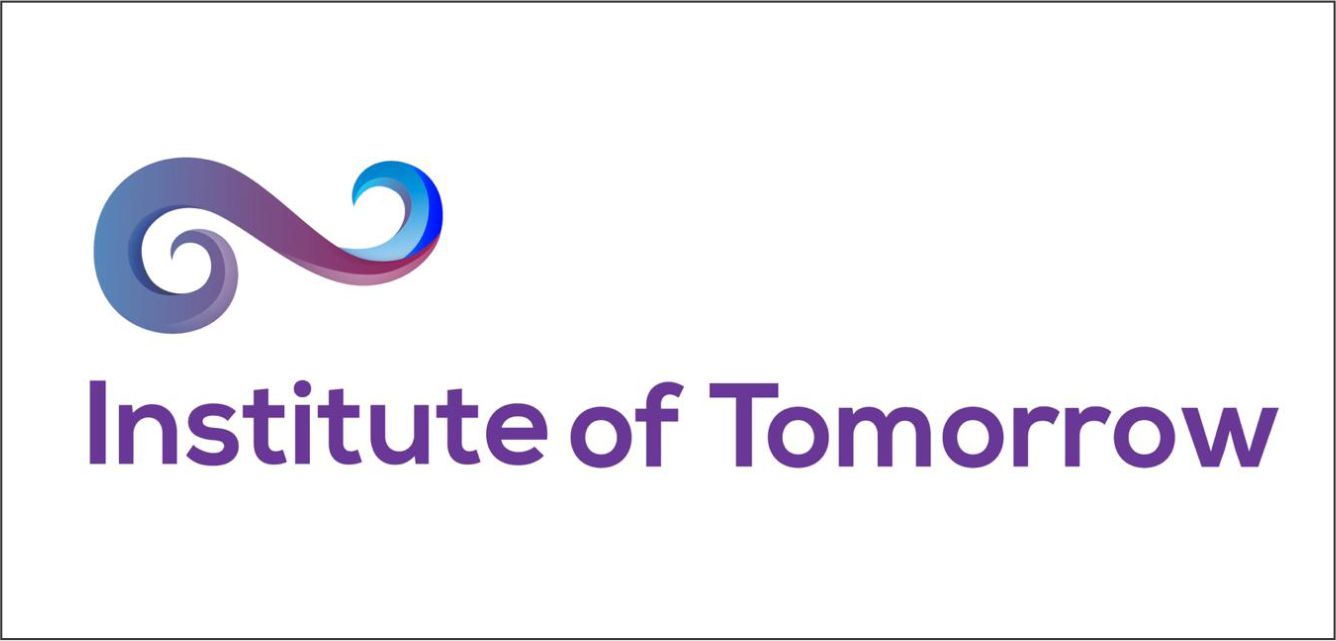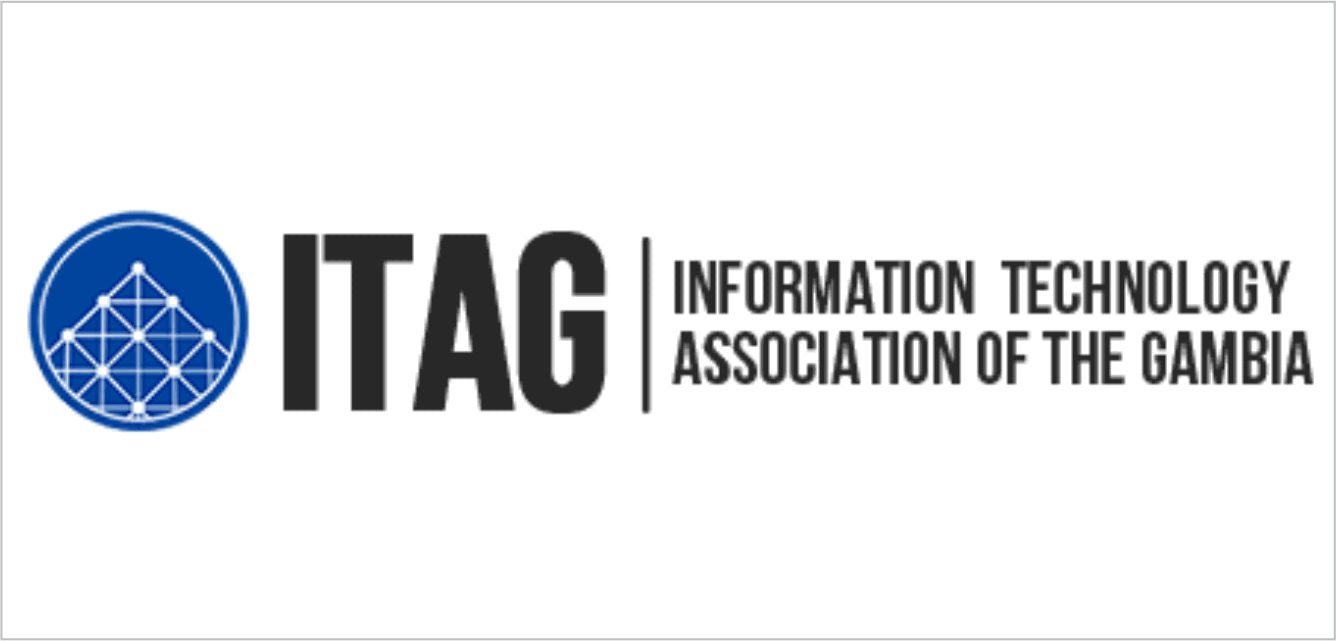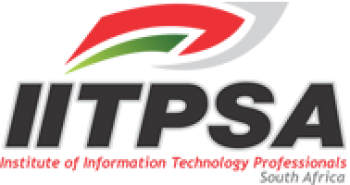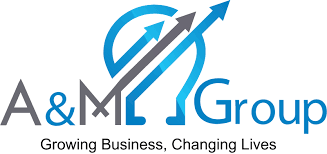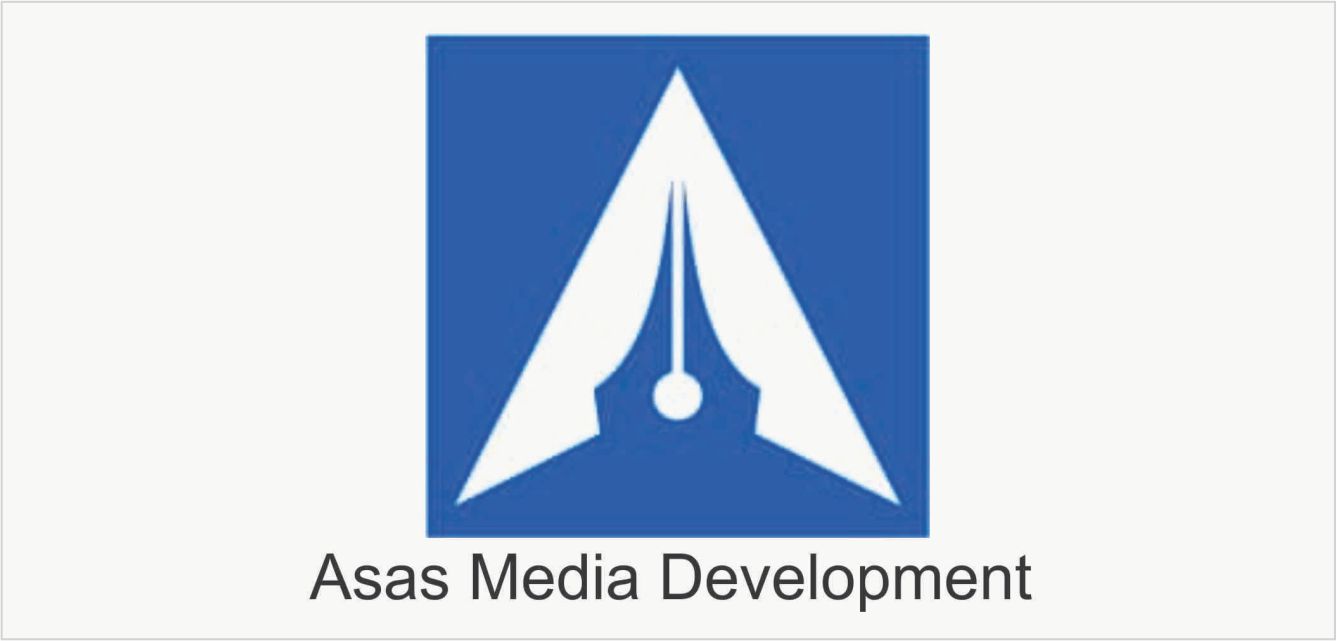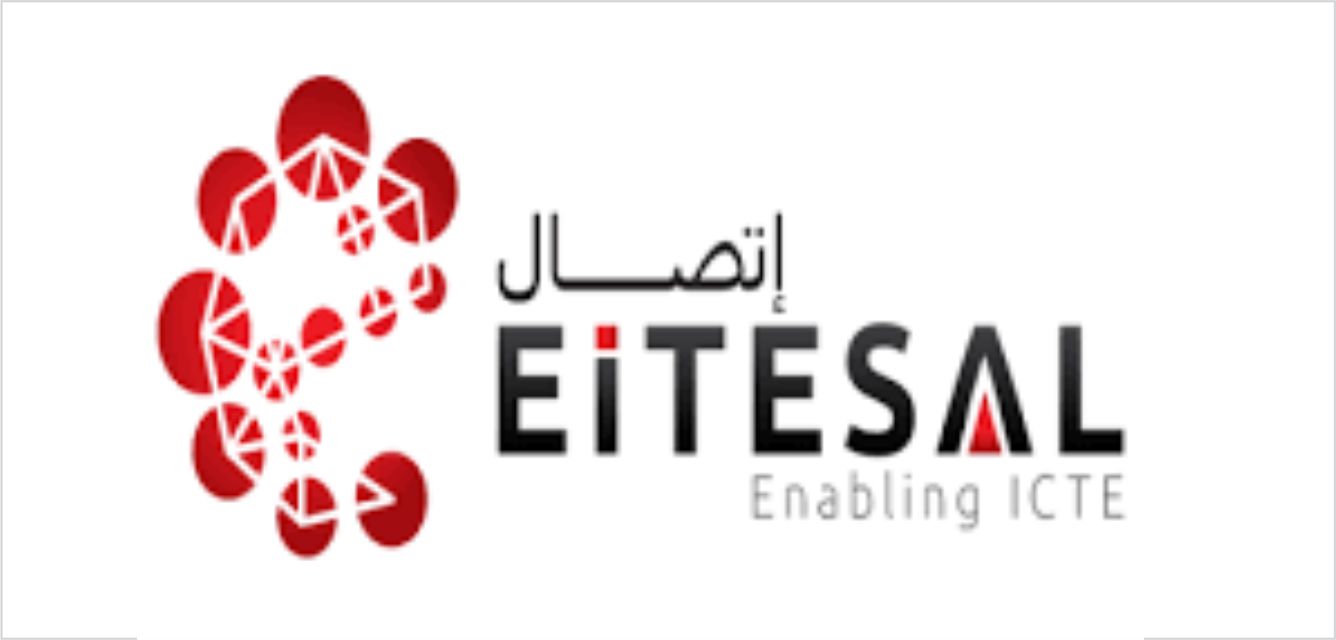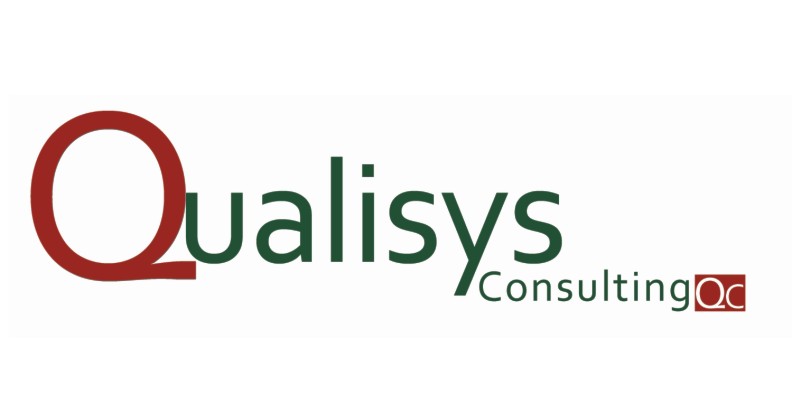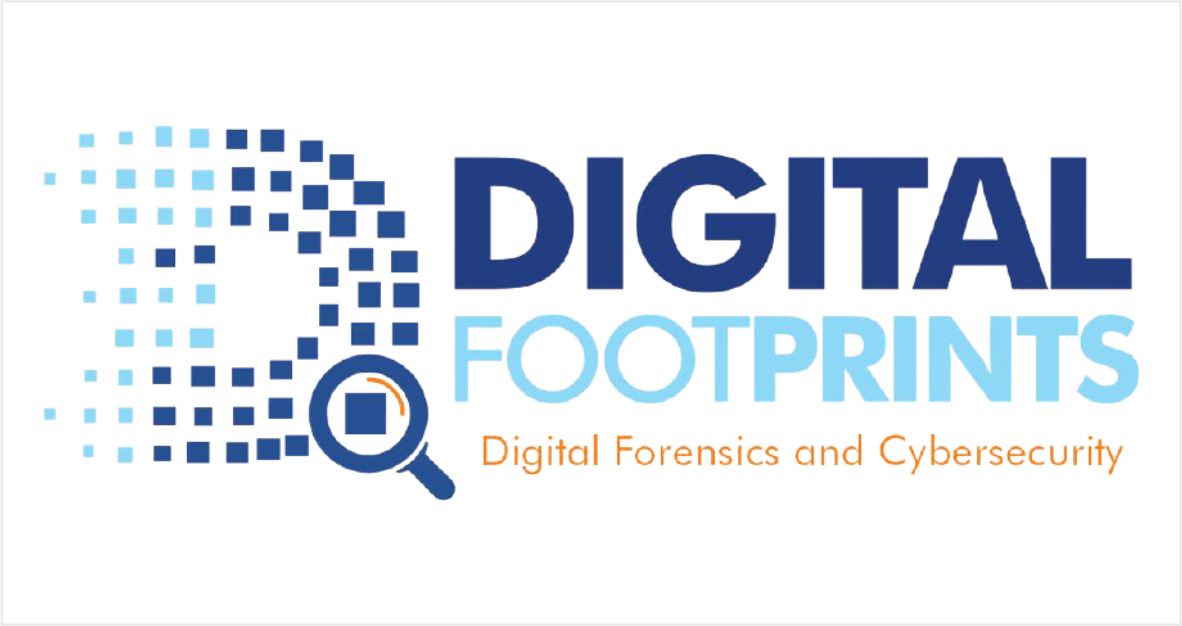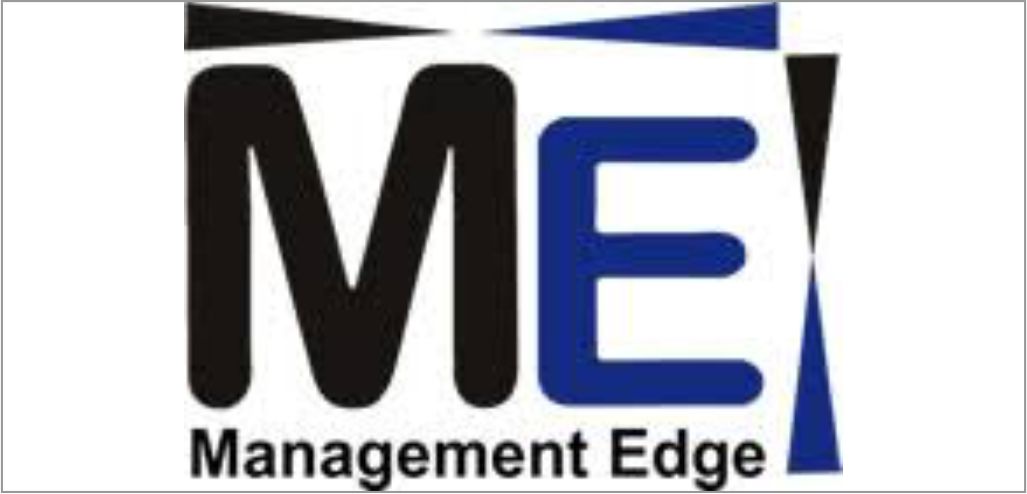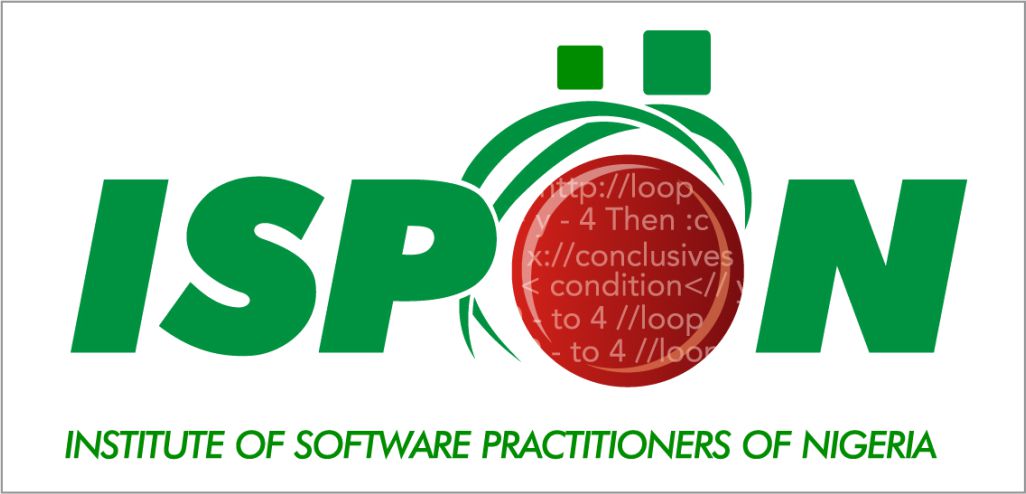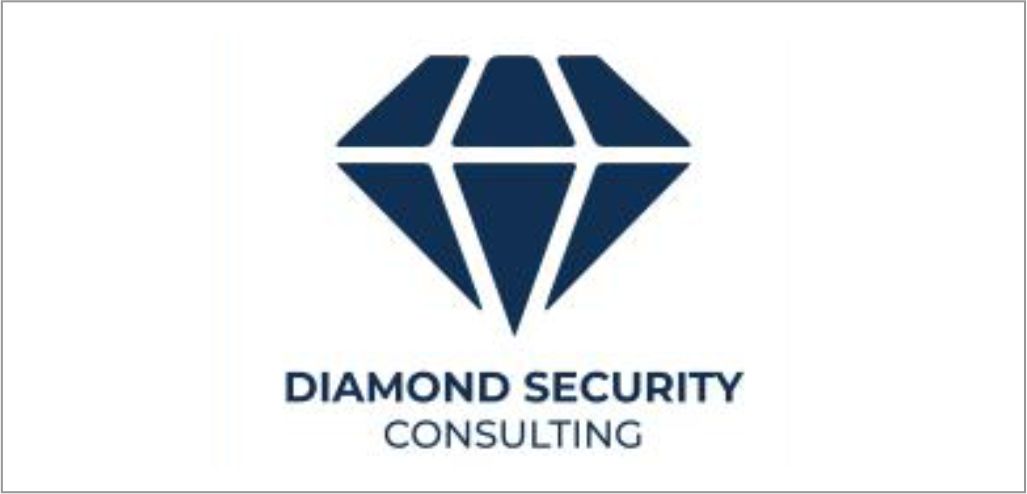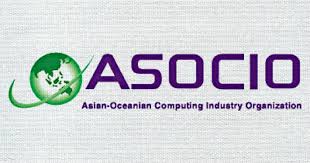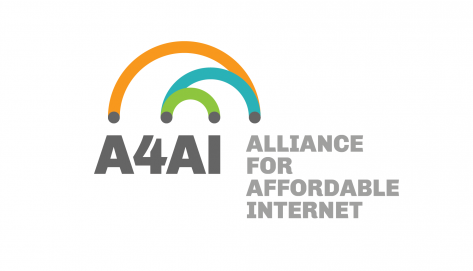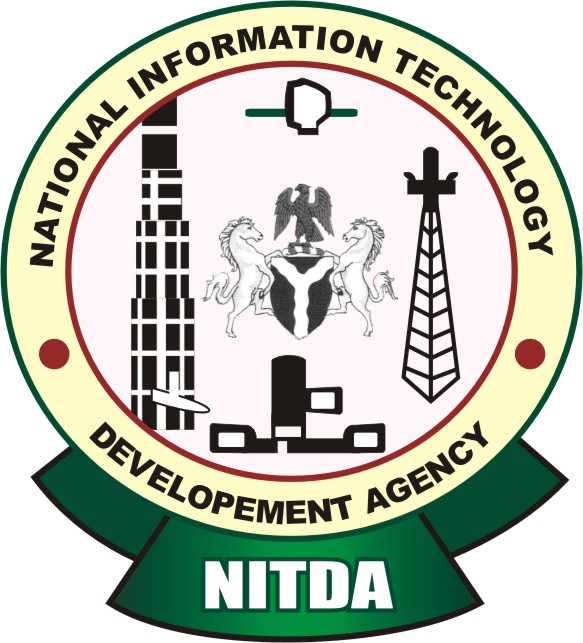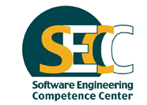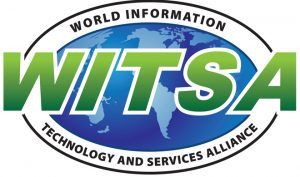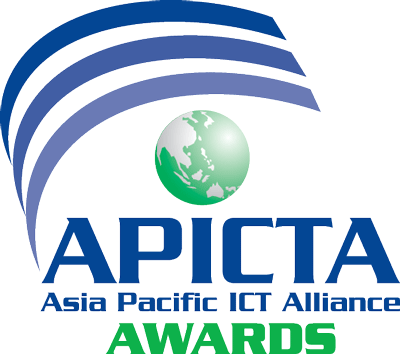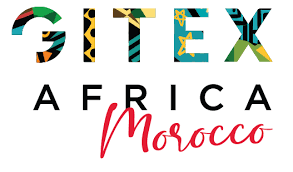Engendering active Participation of Business in Developing Countries in the Multi- Stakeholder Approach for Sustainable Development Goal by Dr Jimson Olufuye, Chair AfICTA – 27/05/2015
All protocols duly observed.
AfICTA thanks the UN agencies responsible for co organizing the WSIS Forum which provides an opportunity each year to gather to examine the progress made on the implementation of the WSIS Action Lines. We appreciate the opportunity to speak on this occasion and to congratulate the facilitators of the implementation of the WSIS Action Lines towards measurable outcomes that have contributed to achieving an information society for all, through WSIS action line implementation.
In fact, the creation of AfICTA in 2012 is one of the outcomes of WSIS – brought about because African business leaders recognized that we needed to bring our voice into both the national and global fora. AfiCTA is an alliance of ICT associations, with focus to fulfilling the promise of the digital age for all in Africa as a private sector led entity.
Though the UN agencies have a variety of mechanisms for private sector engagement and consultation, in particular, more needs to be done in this area. For example, consultation events hosted by both UNESCO and ITU offer more opportunities for business to engage, however, such events, and opportunities are largely out of reach to business SMEs in developing nations. In some large part, this is the barrier that AfiCTA was founded to address; both by organizing events more central and specific to the needs of SME in Africa, and bringing speakers and issues to them, but also to try to act as ambassadors into the various global fora, such as UNESCO, ITU, IGF, and ICANN While mechanisms for funding exist to bring in NGOs, civil society, and even the technical community and academia to participate in events and relationships, no similar opportunity exists for small businesses, due to existing UN rules and other barriers.
Moving into the future, these barrier need to be addressed to enable participation of all stakeholders in the upcoming consultations on WSIS follow up, and in the execution of the Sustainable Development Goal Agenda/post 2015 Development agenda.
I would like to reflect on AfICTA’s experience in the Internet Corporation for Assigned Names and Numbers (ICANN) as a contrast. As many may know, ICANN is a
In ICANN, AfICTA is a member of the Commercial and Business Users’ Constituency, and participates more broadly in ICANN activities, contributing actively representing business interests of our members on equal footing with other stakeholders including governments to ensure that appropriate policies are developed for the continuous good health of the Internet where business activities can flourish and the steady growth and development of Africa can be sustained. This balanced representation in ICANN was exemplified in the
composition and works of the IANA
We believe that all key public institutions involved in promoting a global Information Society for which Internet is the catalyst including ITU, UNESCO, CSTD/UNCTAD should evolve their structures to give room for all stakeholders and
The time for that transformation in how the UN agencies engage with stakeholders is particularly critical as we are advancing toward the launch of the consultation on the WSIS +10 Review. AfICTA recognizes the contribution of all the UN agencies, and notes that we are looking forward to engaging actively in the consultations and in the High Level Event. We believe that the active engagement of business, along side other stakeholders, and with governments will contribute to an outcome at the High Level Event that recognizes that we can, in the years ahead, achieve the vision of an information society for all, and bring forward those from all developing countries to benefit from the promise of ICTS and the SGDs for all.
Thank you.
